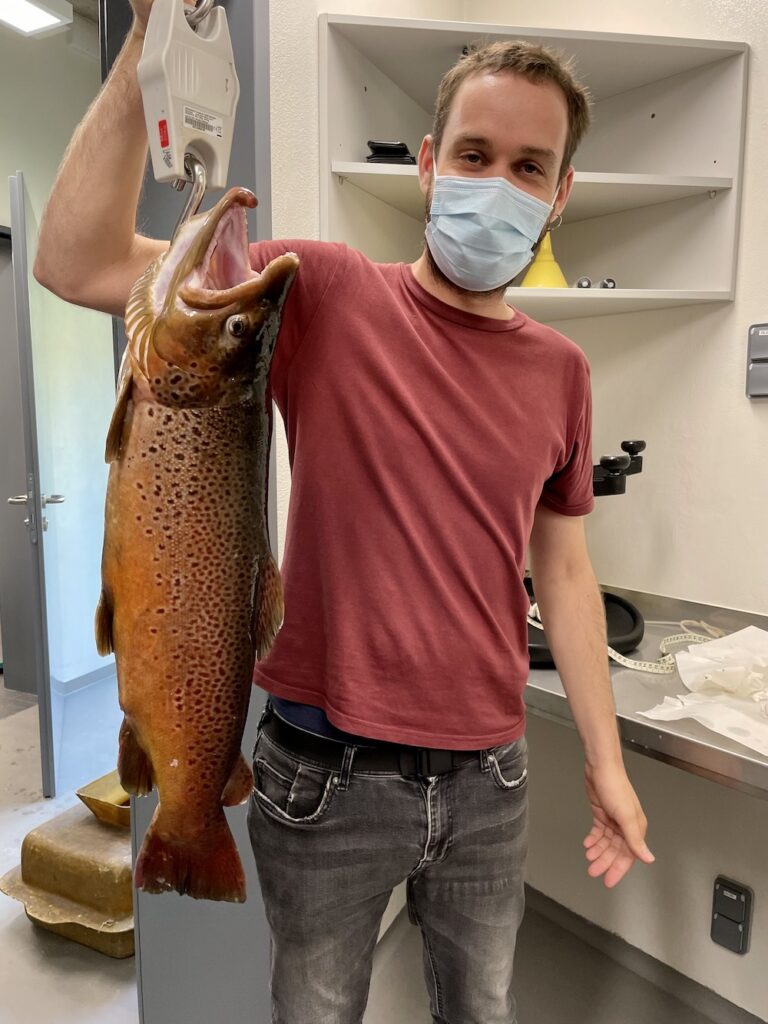My past research experience was mainly related to respond questions within an Evolutionary developmental biology (Evo-devo) framework, with a strong genomics and transcriptomics angle. With this approach, I have participated in highly collaborative studies regarding topics such as the evolution of morphogenetic programs regulated by alternative splicing, the developmental origin of certain brain regions in vertebrates, or the neofunctionalization of lineage-specific gene clusters generated by transposable elements, among others. While working with several species both in silico and in the wet lab, the zebrafish has been my principal experimental animal model.
However, my personal interest towards understanding different faces of evolution is driving me to explore complementary fields within Evolutionary Biology. I would like to investigate proximate and ultimate causes of the macroevolutionary patterns observed in adaptive radiations. I am also captivated with several related questions: Why do some animal groups speciate so much, generating huge diversity of forms and organismal functions, whereas others remain as undiversified lineages? Under what kind of environmental, demographic and selective circumstances do these diversifications occur? Are there special features in the genome or in the genotype-phenotype relationships driving or boosting these radiations?
During my postdoc, I will investigate the genetic evolution of olfactory perception in fish and the function of the molecular changes associated to this sensory system that occur during ecological divergence of closely related species. I will also try to explore which of those changes might be related to speciation process in sympatric radiations.

Publications:
Burguera, D., Dionigi, F., Kverková, K., Winkler, S., Brown, T., Pippel, M., … & Musilova, Z. (2022). Expanded olfactory system in fishes capable of terrestrial exploration. bioRxiv, 2022-12